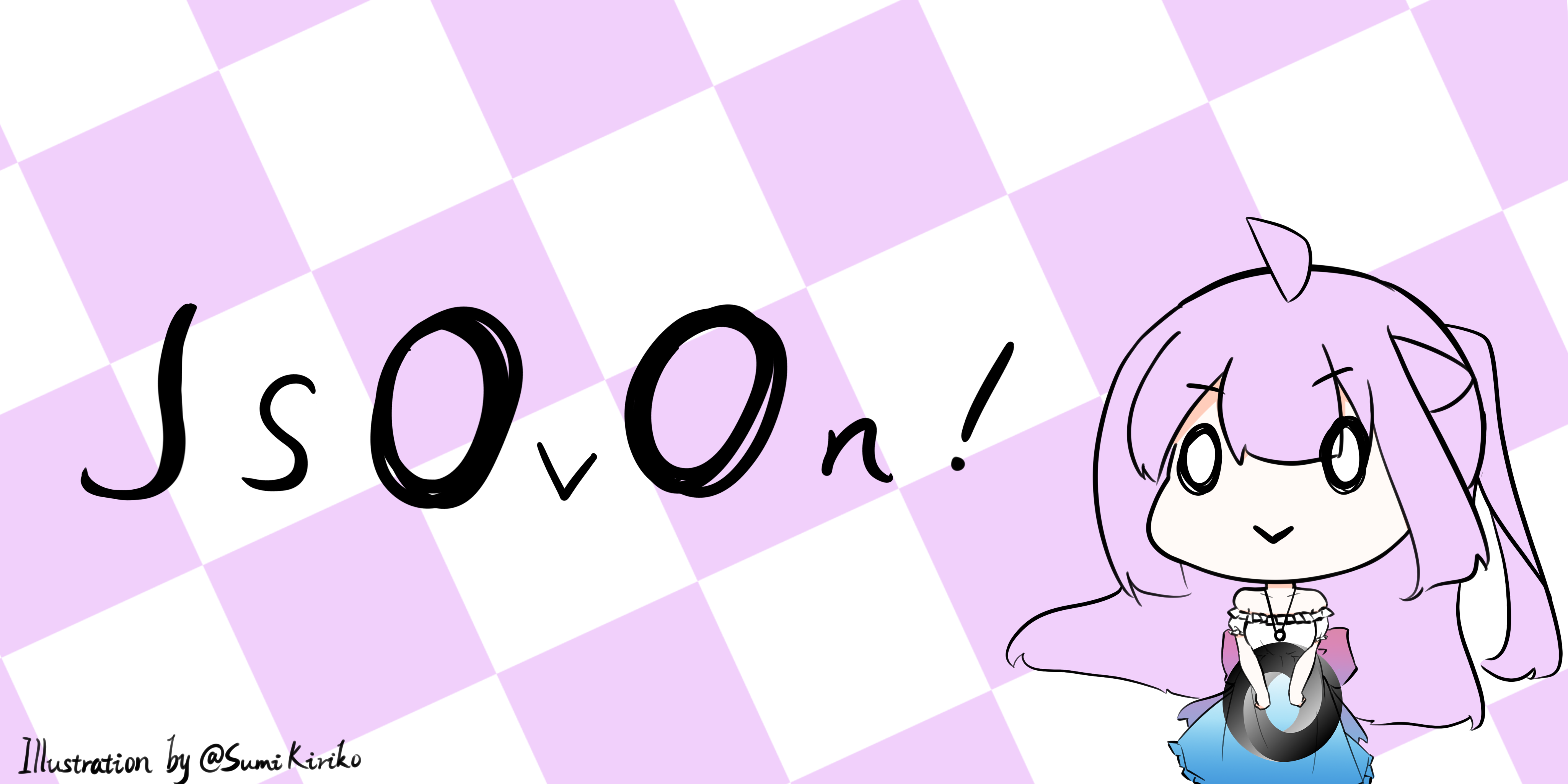Another lightweight C++ JSON library, provided simply as a C++ module.
To use the JsOvOn library, all we only need to do is to "do the import":
import jsovon;Don't forget to add the source code of JsOvOn to your project and link the JsOvOn library into your CMakeLists.txt.
You can refer to src/test.cpp and src/CMakeLists.txt to see how to import and use this library.
Currently you may need to enable CMake's support for
import stdmanually, as it's still an experimental feature.
Simply, we can create the Json object for basic data type like this:
jsovon::Json test;
/* number */
test = 123;
unsigned int a = test;
test = -456;
int b = test;
test = 789.1011F;
float c = test;
test = 1213.1415;
double d = test;
/* string */
test = "1617181920";
std::string e = test;
/* bool */
test = true;
bool f = test;
/* null */
test = jsovon::null;
if (test == jsovon::null) { /* true here */
std::cout << "Hello world!" << std::endl;
}For common json object type, it can be used like this:
jsovon::Json object;
object = {
{ "key1", 123 },
{ "key2", -456 },
{ "key3", 789.1011F },
{ "key4", 1213.1415 },
{ "key5", "1617181920" },
{ "key6", true },
{ "key7", jsovon::null }
};
object["key8"] = object;
unsigned int a = object["key1"];
int b = object["key2"];
float c = object["key3"];
double d = object["key4"];
std::string e = object["key5"];
e = (std::string) object["key5"]; /* note that to re-assign a string val from Json object, use casting explicitly */
bool f = object["key6"];
jsovon::Json test = object["key7"];For using the array type, just do it as follow:
jsovon::Json array;
/* number */
array.append(123);
unsigned int a = array[0];
array.append(-456);
int b = array[1];
array.append(789.1011F);
float c = array[2];
array.append(1213.1415);
double d = array[3];
/* string */
array.append("1617181920");
std::string e = array[4];
e = (std::string) array[4]; /* note that to re-assign a string val from Json array, use casting explicitly */
/* bool */
array.append(true);
bool f = array[5];
/* null */
array.append(jsovon::null);
jsovon::Json g = array[6];All we need to do is to call the str() method, or you can print it directly into a stream:
jsovon::Json object = {
{ "key1", 123 },
{ "key2", -456 },
{ "key3", 789.1011F },
{ "key4", 1213.1415 },
{ "key5", "1617181920" },
{ "key6", true },
{ "key7", jsovon::null }
};
std::cout << object << std::endl;
std::cout << object.str() << std::endl;To parse a string into a Json class, just simply do as follow:
auto json_str = R"(
{
"key1" : 123,
"key2" : -456,
"key3" : 789.101,
"key4" : 1213.14,
"key5" : "1617181920",
"key6" : true,
"key7" : null
}
)";
jsovon::Json test = jsovon::ParseJsonText(json_str);Alternatively, you can also choose to parse a json file as follow:
jsovon::Json test = ParseJsonFile("test.json");arttnba3 [email protected]
MIT
